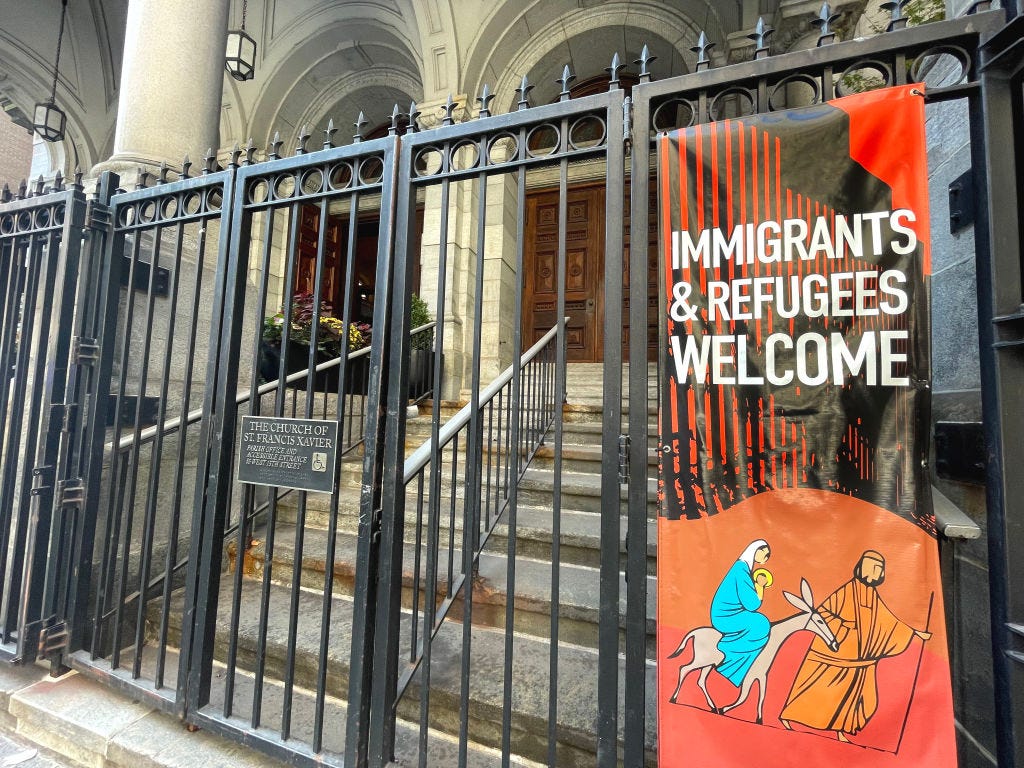How Trump sent me to church
For many on the left, Trump’s second victory just feels worse. Gathering with your neighbors to do something real can help
This time, Donald Trump’s triumph cannot be written off as a fluke, or the result of our flawed electoral system. Voters knew exactly who Trump was, and they still awarded him what is poised to be a (narrow) victory in the popular vote. But even if Trump doesn’t have an overpowering mandate, our fellow Americans chose the candidate of division, demonization, and weaponizing the government against his political opponents. Adam Serwer has argued that the cruelty was the point. And we, as a nation, chose the cruelty.
Faced with that hard truth, many may be tempted to write off our neighbors, throw up their hands, and turn inward. We can see evidence of this playing out: Unlike in 2016, people are not pouring into the streets to protest the incoming administration. Instead, they are largely staying in their bubbles, scrolling on their screens, and trying not to think too hard about the potential horrors to come.
But retreating into ourselves will only make things worse.
Which is why, the other night, I decided to go the other way the other day. To go, in fact, to church.
Doing so was my small way of pushing back on trends that are ominous and have the potential to make the next Trump presidency even more dangerous.
We are already in the middle of what Surgeon General Vivek Murthy has described as an epidemic of loneliness and isolation. We have fewer close friends than we used to. We trust each other less. We spend more time alone. We are an increasingly suspicious, polarized, and solitary nation.
There are two broad reasons for this. The first is our ever-worsening addiction to our devices. The shift from real-world interaction to the isolation of our phones – where we become addicted to harmful content that only makes us feel worse – has created a “recipe for loneliness” that can make life feel meaningless.
The other major factor is a decline in the kinds of shared spaces where connections can be formed. In his book Palaces For The People, NYU sociologist Eric Klinenberg lays out how “[p]laces that used to anchor community life, like libraries and school gyms and union halls, have become less accessible or shuttered altogether.”
The data show that we feel better when we can make real-world connections with each other. Yet we have allowed ourselves to be overwhelmed by forces that are pushing us apart. We now have two choices: We can capitulate to those forces. Or we can fight back, and use this dark moment as an opportunity to shake off our complacency, put down our phones, and take affirmative action to get back into the real world.






